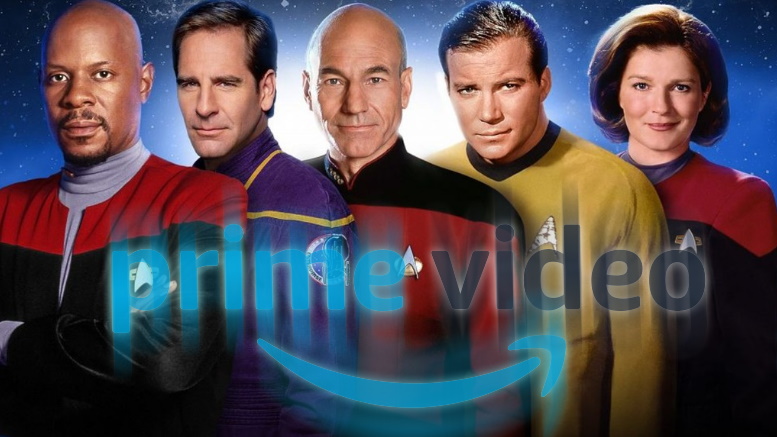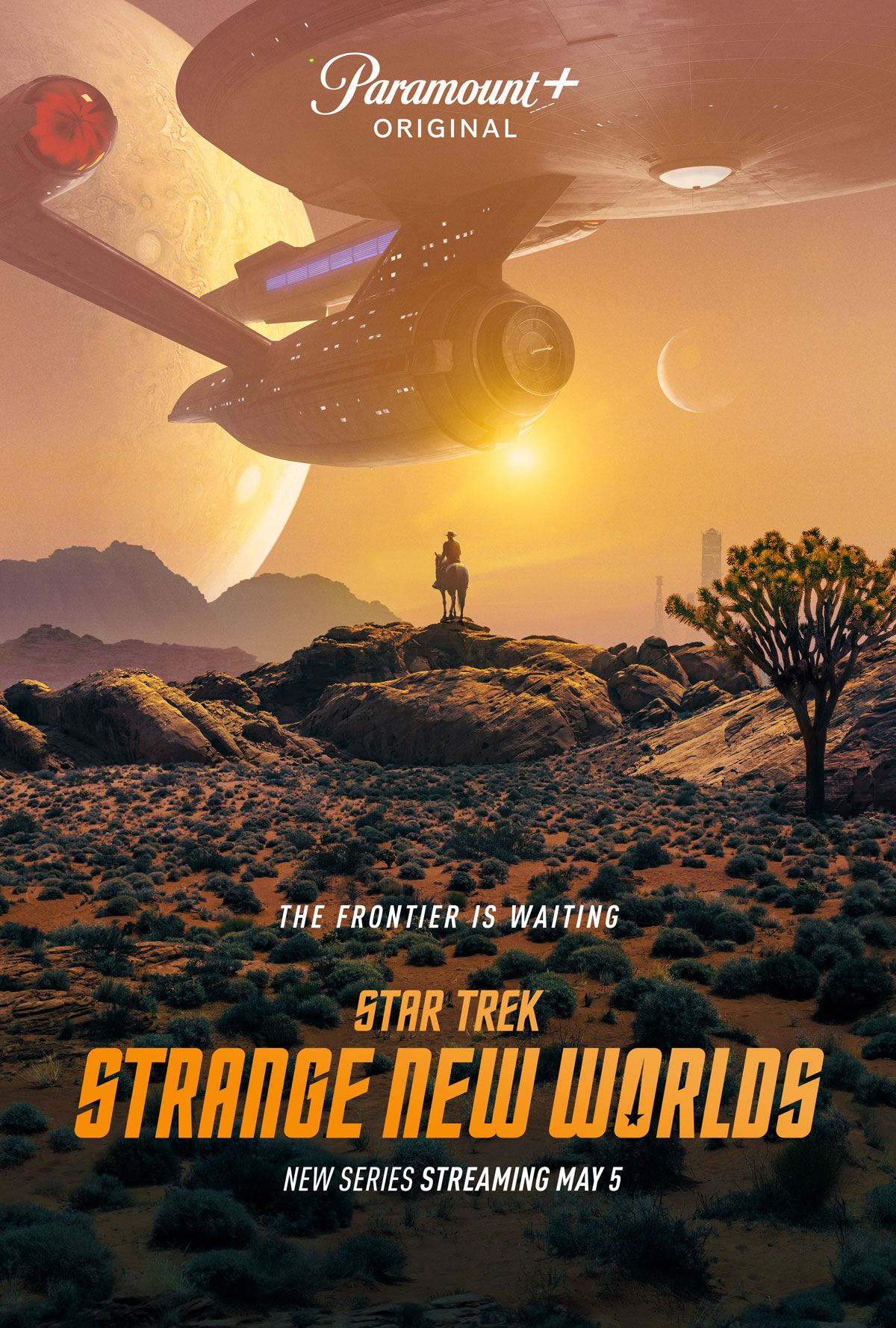That was never a "complaint" of mine. At most an observation. The showrunners said at the beginning of S3 that their goal with that season was to move things forward in time, but that they'd mostly keep the aliens we saw recognizable so that fans could have a softer transition into the 32nd Century. A 'some things change, some things stay the same' approach. Reading between the lines, they've clearly learned over the course of making the show that there's loud, vocal chunk of the fandom that has a very conservative mindset and cares more about aesthetics and maintaining a comfortable throughline with the setting and visuals than they do about actually exploring new concepts and ideas. And those fans need to be placated and handheld so they don't freak out and wet themselves just because you changed the way Klingons look a little bit. They also said that after S3 being an adjustment period, that they planned to feature and reflect more of the changes and syncretic nature of how the Federation has evolved over the 800 year gap.
Discovery is a lot of things, and whether or not it meets your personal expectations is ymmv. But one thing it's always been, is a show that has very openly communicated its intentions through supplementary media since day one, re: interviews, featurettes, youtube clips, etc. They've tried their hardest to explain to fans in very direct ways what they're doing and trying to accomplish regarding themes, structure, and how they're attempting to leave their stamp on this fictional universe. Go back to some of the first interviews with Sonequa Martin-Greene, and it's clear from even before the show began, the intention was always to show her character grow and evolve into someone who will one day take over the center chair, and as the main focal point of the show. They've so consistently told the truth regarding telegraphing what they're doing in the show broadly and within any given season, that I've come to trust when they tell us stuff, including their intentions on showing more interspecies characters as the show goes on. Ni'Var and "Unification III" was their test case in S3, and that was probably the best episode of the entire show to date. I assume that gave them the confidence to more fully pursue that direction going forward.
Speaking of the UFP President, I really really like them. They're very obviously playing on the audience's built in distrust of politicians with her, but so far she's been very level headed and wise. It's not hard to see why and where they're going with this. S3 played with this idea a little, but S4 seems to be embracing it as one of their main themes - the idea of trust in institutions and the good faith of our politicians. The show isn't necessarily saying we should trust OUR politicians, but rather showing us how things
*should* be or
*ought to* be. And so far it's fantastic. Because this is really how things ought to be in an enlightened and evolved future. I've read several opinions recently along the lines of the fact that one of the bigger draws of Star Trek is that it's, "competency porn" - in that it shows a workplace and society where people are just generally good at what they do, and things work as intended, and there's no bullshit workplace drama, or people who failed upwards, or nepotism, or whatever source of incompetence everyone endures in everyday life. And this is kind of more of that, but from the political angle. This is what politicians should be doing, how they should be acting, this is how government should represent and work for the people, etc. I love it. It's
incredibly Star Trek, and lives up to the lofty ideals of the Federation and Gene's mega utopia that often get a lot of lip service and praise from fans, but we never really are afforded persistent looks at. (What with the primary setting of most Star Trek things being exploring the far reaches of space, far far away from Federation borders.)
Edit: To tie all of what I just said into what you said, Kirin:
I'm not entirely convinced there wasn't a better path open to the main guest character that didn't involve killing her friends and colleagues
That's the whole point of that storyline, and it ties perfectly into what I was just saying.
She didn't trust the Federation authorities to help, and thus a cavalcade of preventable tragedies ensued as a result. And maybe the pre-Burn, or immediate post-Burn Federation would have lived up to her poor expectations, but as Saru said in the first episode to his own peoples - this is a new era. And we can't keep dragging our old baggage along into the future because it'll just keep weighing us down. Had this rogue Qowat Milat approached things better, this tragedy might have been averted. And hopefully in the future, this even will engender more trust in the Federation and its institutions, so long as they keep being good faith stewards of this galactic society.
It's also, IMO, a little moral parable about extremism.
She was inclined to approach the situation from an extreme position and to take extreme measures precisely because she belongs to an extremist order whose practices and worldview teach that these kinds of actions are necessary. Within the context of the 24th Century Romulan society, we saw in TNG and Star Trek: Picard why the Qowat Milat and their version of extremism be necessary as a reactionary force against the extremes of normal Romulan society. But in the 32nd Century when Romulan society has been tempered and moderated by their shift in culture and worldview by integrating into Vulcan and the Federation, they're potentially an obsolete relic.

